Fast websites aren't lucky, they're optimized
Speed isn’t a nice-to-have anymore. It’s the baseline expectation. A website that takes 4 seconds to load loses half its visitors before they see your content. Google ranks slow sites lower. Users associate speed with quality. Your competitors’ fast sites make yours feel broken by comparison.
Why speed matters more than you think
Search engines care about speed
Page speed is a direct ranking factor. Slow sites rank lower, regardless of content quality. Core Web Vitals, Google’s speed and usability metrics, directly impact your search visibility. Fast sites get more organic traffic.
Speed signals quality
Users subconsciously judge businesses by website performance. Slow site = unprofessional company. Fast site = competent organization. Whether fair or not, visitors extrapolate from technical execution to business capability.
Mobile networks Are unforgiving
Desktop on fiber masks performance problems. Mobile on 4G exposes them brutally. Most traffic is mobile. Most mobile users aren’t on perfect connections. Optimization isn’t optional for mobile audiences.













Common performance problems
Bloated Images
Render-Blocking resources
Excessive HTTP requests
Unoptimized code
Poor caching configuration
Database inefficiency
Client recovered optimization cost in 2.3 weeks through improved conversions. Ongoing performance monitoring maintains speeds as catalog grows.
Our technical optimizations
1. Performance Audit & Baseline
2. Image optimization
3. Code optimization
4. Caching implementation
5. Server & hosting optimization
For WordPress sites, we configure caching plugins properly—many sites have caching plugins installed but misconfigured, providing zero benefit.
6. CDN integration
We implement and configure CDN (typically Cloudflare), optimize cache rules, and ensure proper integration with WordPress or your CMS.
When technical optimization makes the biggest difference
Optimization is lower priority if:
- Your site already loads in under 2 seconds
- PageSpeed scores are consistently 80+
- You have minimal traffic
- Your business model doesn't depend on website conversion
- You're on shared hosting and refuse to upgrade
You need optimization if:
- Your site loads slowly (3+ seconds)
- Google PageSpeed scores are below 50
- Bounce rates are high (60%+)
- Users complain about performance
- You're running ads and paying for traffic that bounces before seeing content
- Your rankings dropped after Core Web Vitals became ranking factors
Questions about website optimizations
Basic optimization: 3-5 business days. Complex sites: 1-2 weeks. We provide estimates after auditing your site.
We test all changes in staging environments before production. Proper optimization improves stability rather than risking it.
We specialize in WordPress but can optimize custom-built sites, Shopify, and other platforms. Approach varies by platform.
Some optimizations work regardless of hosting. But €3/month shared hosting has limits, at some point, hosting upgrade delivers more value than further optimization.
Before/after PageSpeed scores, load time comparisons, Core Web Vitals metrics, and real user monitoring data. You see concrete proof of improvement.
Speed is a ranking factor, so yes, but it’s one of 200+ factors. Optimization typically improves rankings but isn’t magic solution for poor content or weak SEO.
Performance degrades as content accumulates, plugins update, and code changes. Maintenance retainers include ongoing optimization preventing regression.
Yes. Optimization works within existing design constraints. We don’t redesign unless requested separately.
Basic optimization (compressed images, proper caching) is included in our development. Advanced optimization (CDN, server tuning, database optimization) is separate service.